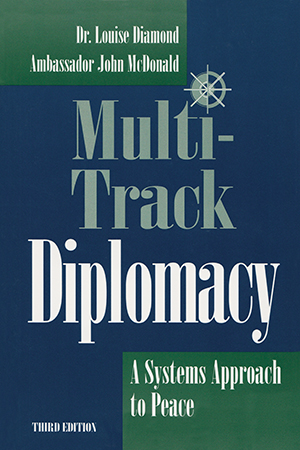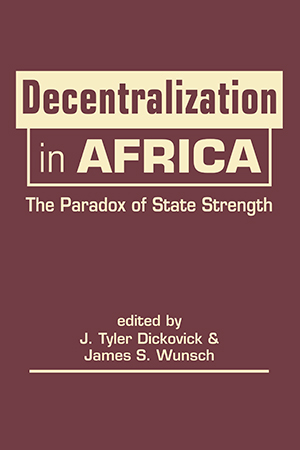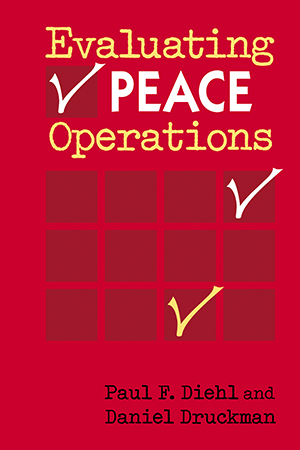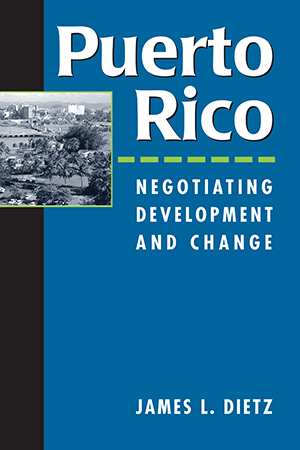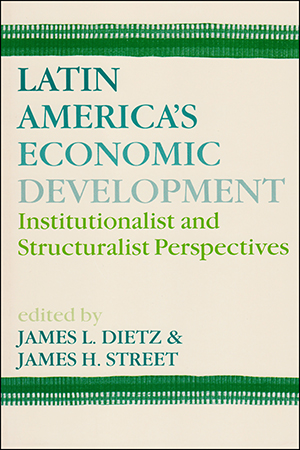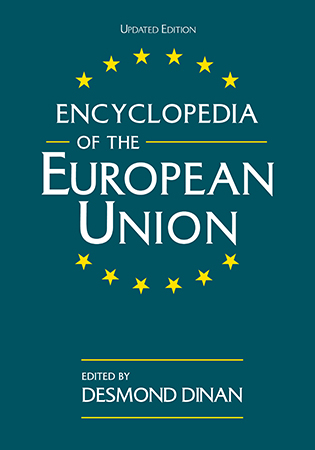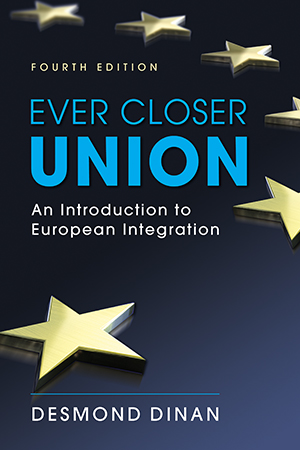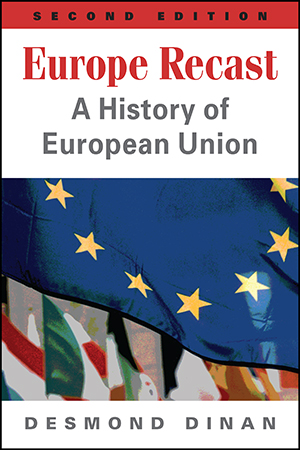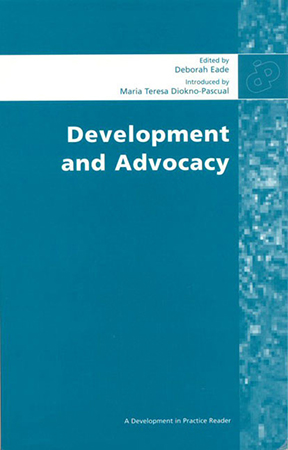BOOKS
Exceptional in its systemic approach to peacemaking and conflict resolution, Multi-Track Diplomacy identifies the actors and activities that contribute to peacemaking and peacebuilding More >
In recent decades, laws passed by African governments to transfer power and resources to local and other subnational governments (SNGs) have been greeted by many in the policy community with More >
Winner of the International Association for Conflict Management's Outstanding Book Award, 2012! There has been a great deal written on why peace operations succeed or fail.... But how More >
In the midst of significantly changing economic and political relations with the United States, Puerto Rico is struggling to find a new—and effective—development path. James More >
This revised edition of Latin America's Economic Development continues to provide a heterodox perspective on Latin America's economic problems, with institutional and More >
The Encyclopedia of the European Union provides in-depth, authoritative discussions of the key concepts, developments, institutions, policies, negotiations, treaties, national interests, More >
What explains the remarkable evolution of the European Union since its emergence in the early 1990s? How has the EU coped with a series of severe shocks, ranging from the euro crisis to More >
In the years since the third edition of Ever Closer Union was published, the EU saw the ratification and implementation of the Lisbon Treaty, further enlargement, leadership changes, policy More >
Thoroughly revised to reflect a decade of recent history—and incorporating newly available archival material and the latest scholarship—Europe Recast tells the story of European More >



